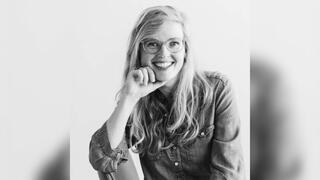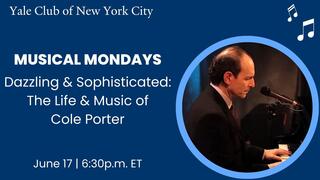Getting to Know Us Better: Yale University Art Gallery Collection Insights
May 28
9:00AM – 10:00AM
Yale University Art Gallery | Room: McNeil Lecture Hall — 1111 Chapel Street
Stephanie Wiles, Henry J. Heinz II Director, Yale University Art Gallery
On March 13, 2020, the Gallery closed its doors to the public in response to an alarming increase of COVID-19 cases being reported across the country. Within a week, nearly every cultural institution in America had followed suit. September 2021 marked the beginning of a return to our pre-pandemic ability to share collections and exhibitions with students and the public. Stephanie Wiles, the Henry J Heinz II Director, will discuss important acquisitions made during the pandemic through the generosity of many donors, coupled with strategic purchases. Many of these artworks are currently on view in the Recent Acquisitions exhibition.
Add to Calendar
2022-05-28T09:00:00
2022-05-28T10:00:00
America/New_York
Getting to Know Us Better: Yale University Art Gallery Collection Insights
Stephanie Wiles, Henry J. Heinz II Director, Yale University Art Gallery
On March 13, 2020, the Gallery closed its doors to the public in response to an alarming increase of COVID-19 cases being reported across the country. Within a week, nearly every cultural institution in America had followed suit. September 2021 marked the beginning of a return to our pre-pandemic ability to share collections and exhibitions with students and the public. Stephanie Wiles, the Henry J Heinz II Director, will discuss important acquisitions made during the pandemic through the generosity of many donors, coupled with strategic purchases. Many of these artworks are currently on view in the Recent Acquisitions exhibition.
Yale University Art Gallery | Room: McNeil Lecture Hall — 1111 Chapel Street

